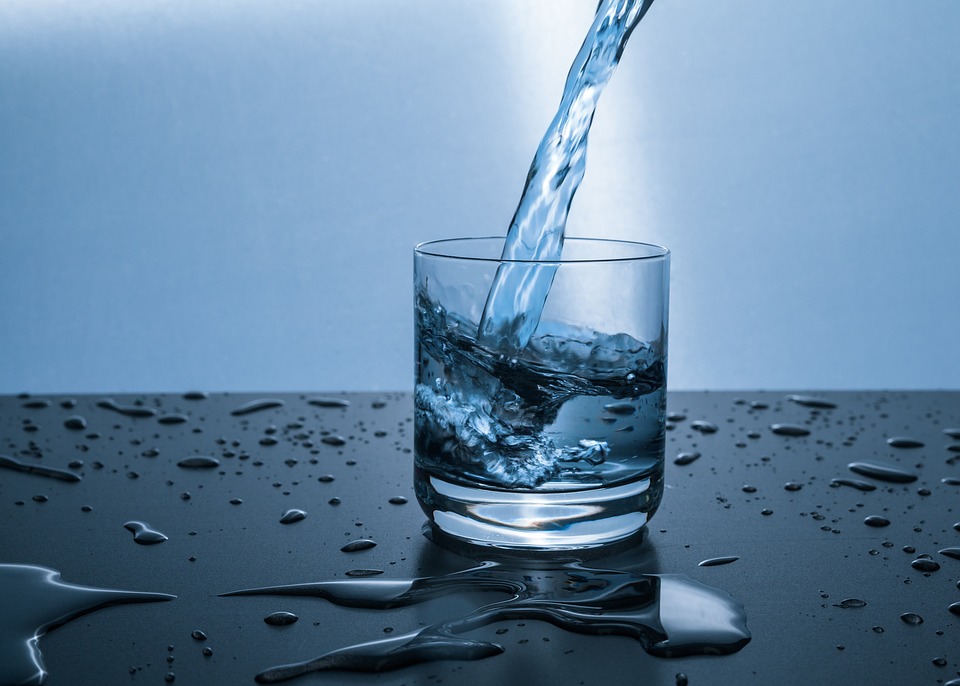Another day, another fasting method that people have been trying to lose weight. For those desiring a swift weight reduction method, adopting an extreme diet has become the norm. Though advantageous, water fasting is not without its disadvantages, much like other fasting techniques.
It’s likely you’re curious about how an individual can sustain themselves solely on water. In the Journal of Global Advances in Health and Medicine, a study highlights that water fasting can decrease stress, improve well-being, increase ketogenesis (a state perfect for weight loss), and yield a variety of other health benefits.
The ideal time duration for a water fast is 24 hours to 3 days. However, fasting past your comfort zone can result in nutrient and electrolyte deficiencies. This does not mean water fasting is safe for everyone.
People with certain health problems, such as Type I Diabetes, insufficient kidney function, and toxic levels of DDT, should not water fast. Water fasting is common for spiritual/religious reasons, “detoxing,” weight loss, prepping for surgery, heart health benefits, and more.
Benefits Of Water Fasting
-
Improved mood
-
Decreased cravings for food
-
Clearer skin
-
Promotes healthy digestion system
-
Fast healing of damaged tissues
Water fasting has been known to provide benefits to those with specific health issues, in addition to its other advantages:
-
Obesity
-
Anxiety
-
Low Blood Sugar
-
Allergies
-
Arthritis
-
High Cholesterol
-
Depression
-
Mental Illness
-
Asthma
-
Diabetes
-
Headaches
-
Digestive Disorders
-
Heart Disease
Drawbacks Of Water Fasting:
Electrolyte Imbalance And Dehydration
Yes, dehydration is a possibility with water fasting. The imbalance of electrolytes can trigger various complications, including muscle cramps, headaches, exhaustion, giddiness, and parched mouth. A helpful way to maintain adequate hydration levels is to monitor the color of your urine, with light yellow being the desired hue.
Nutrient Deficiencies
Water fasting once may not cause any nutrient deficiencies, but multiple rounds of it can lead to a decrease in protein, vitamins, and minerals.
Orthostatic Hypotension
Water fasting lowers your blood pressure suddenly. The resulting lightheadedness and dizziness can increase the risk of workplace injuries.
Excessive Weight Loss
Water fasting offers a notable benefit of weight loss that is highly valued by many. Losing too much weight within a brief timeframe can cause muscle loss, ultimately slowing down metabolic rate. Unsustainable weight loss methods can lead to rapid weight regain when returning to normal eating patterns.
Gout Flare-Ups
The inflammation and swelling of joints caused by gout flare-ups can be a result of the increased uric acid levels resulting from water fasting.
Final Thoughts
In conclusion, the cons of water fasting outweigh the pros. Consulting with a professional dietitian is essential before attempting water fasting, although this fasting method is still a feasible option.
It’s imperative to undergo a comprehensive health checkup to prevent any deficiencies. Afterward, establish a plan for the next two days to avoid overexerting yourself and experiencing a drop in energy.






